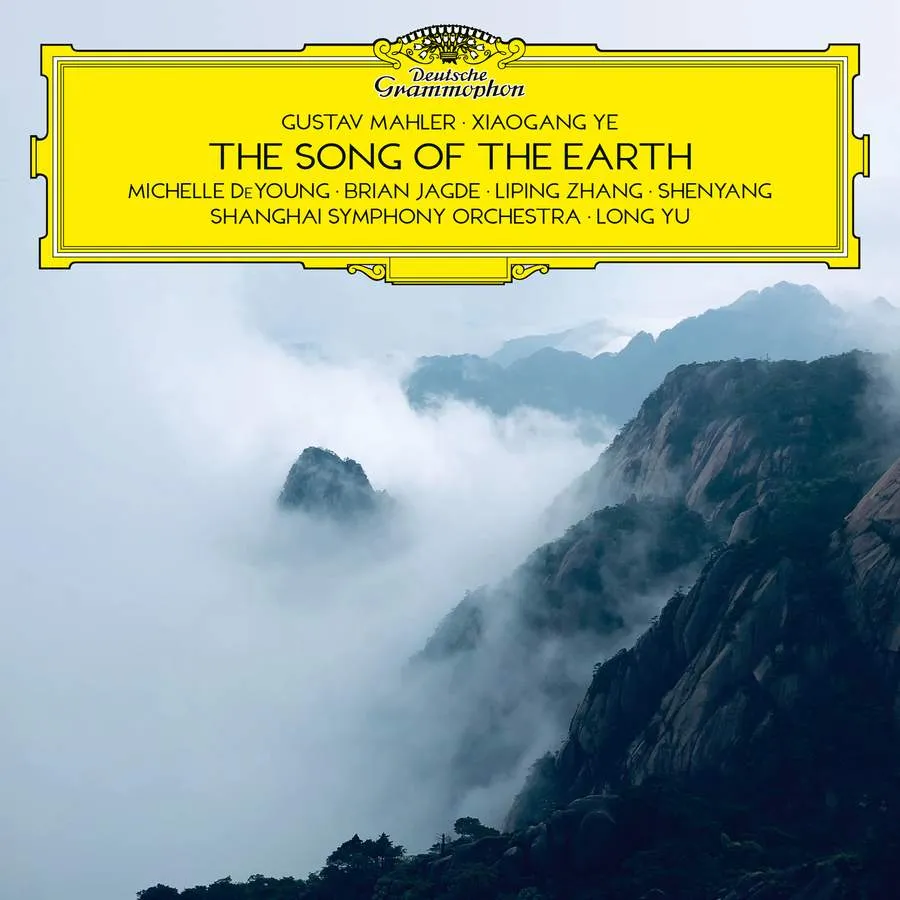
Mahler • Xiaogang Ye Mahler: Das Lied von der Erde; Xiaogang Ye: The Song of the Earth Liping Zhang (soprano), Michelle DeYoung (mezzo-soprano), Brian Jagde (tenor), Shenyang (baritone); Shanghai Symphony Orchestra/Long Yu DG 483 7452 95:40 mins (2 discs)
Possibly inspired by hearing cylinder recordings of Chinese music, Mahler saturated his profoundly poignant ‘song-symphony’ Das Lied von der Erde (1908) with pentatonic figures, though the texts he set were only translations of translations of Chinese poems, with some additions of his own. Now, thanks to the initiative of the conductor Long Yu, we have settings of the original Tang-period verses by the Chinese composer Xiaogang Ye – though using the full resources of the standard Western symphony orchestra. No doubt some sort of cross-cultural illumination is hoped for by their juxtaposition here.
Unfortunately, neither of the soloists in the Mahler proves a joy to listen to. Brian Jagde’s baritonal tenor has the heft to surmount the surges of Mahler’s opening ‘Drinking Song of the Earth’s Sorrow’, but not much finesse elsewhere, while Michelle DeYoung’s once-rich mezzo sounds worn, with an obtrusive vibrato, missing many a more intimate nuance. Long Yu secures some incisive and sensitive playing from the Shanghai Symphony Orchestra in a spacious recorded acoustic, but an occasional hastiness in the final ‘Abschied’ (Farewell) weakens its emotional impact.
Xiaogang Ye’s style might be described as a kind of poly-pentatonicism, often scored with a Hollywood arranger’s luxuriance, with vocal writing occasionally running to the nasal scoops of Chinese Opera. Yet apart from some fine-spun writing at the start of ‘Long Autumn Night’ and the tranced stasis of the final song, the overall response to the texts seems curiously generalised, sometimes bordering on filmic kitsch.
Bayan Northcott